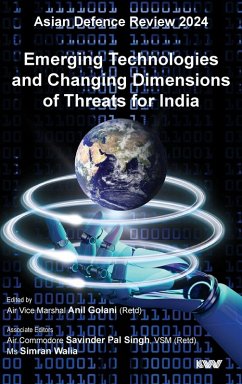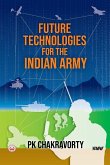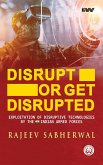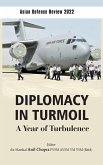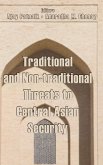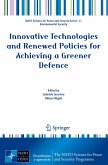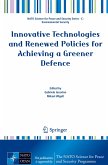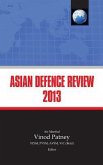The world has been undergoing transformational changes, and the security environment is being affected by recent conflicts like the Ukraine Invasion and the Gaza conflict. China's expansionist behaviour continues to affect the Indo-Pacific region and its countries. However, peace and security in the Indo-Pacific region are now tenuous due to the shifting character of conflicts and the constantly shifting geopolitical environment. The last two decades have witnessed a quantum leap in technology, and modern multi-domain warfare has been most affected by this change. Modern warfare's evolving nature is fast becoming dependent on the use of artificial intelligence, machine learning, quantum technology and its applications, and the cyber domain. As these technologies advance and grow more sophisticated, they will have a long-lasting effect on conflicts in the future. In light of this, the Asian Defence Review's theme for this year is Emerging Technologies and Changing Dimensions of Threats for India. In order to provide a picture of the defence, it includes the viewpoints of various writers who are experts in their fields. Air Vice Marshal Anil Golani is a Qualified Flying Instructor and an Instrument Rating Instructor and Examiner, commissioned into the fighter stream of the Indian Air Force (IAF) in December 1982. He commanded an Air Defence Direction Centre and an operational base and is one of the few to have served in senior ranks in both the Joint Services Commands of the country, the Andaman & Nicobar Command as the Air Force Component Commander and Strategic Forces Command as the Chief Staff Officer (Air Vector). His other joint Services appointments include Air Officer Commanding Maritime Air Operations in Mumbai and Chief Instructor, Air Force, at the Defence Services Staff College, Wellington. AVM Golani has completed the Staff Course, Higher Air Command Course and a year's course in International Security and Strategy at the Royal College of Defence Studies, London. He superannuated from service in November 2019. An avid writer and author, he has written several articles on air power, national security, strategy and integration of the armed forces. He has also co-edited two books, Air Power and Emerging Technologies and Indian Air Force in its Centennial Decade. He took over as Additional Director General of Centre for Air Power Studies (CAPS) on May 7, 2021, and Director General of CAPS on April 1, 2024.
Hinweis: Dieser Artikel kann nur an eine deutsche Lieferadresse ausgeliefert werden.
Hinweis: Dieser Artikel kann nur an eine deutsche Lieferadresse ausgeliefert werden.

